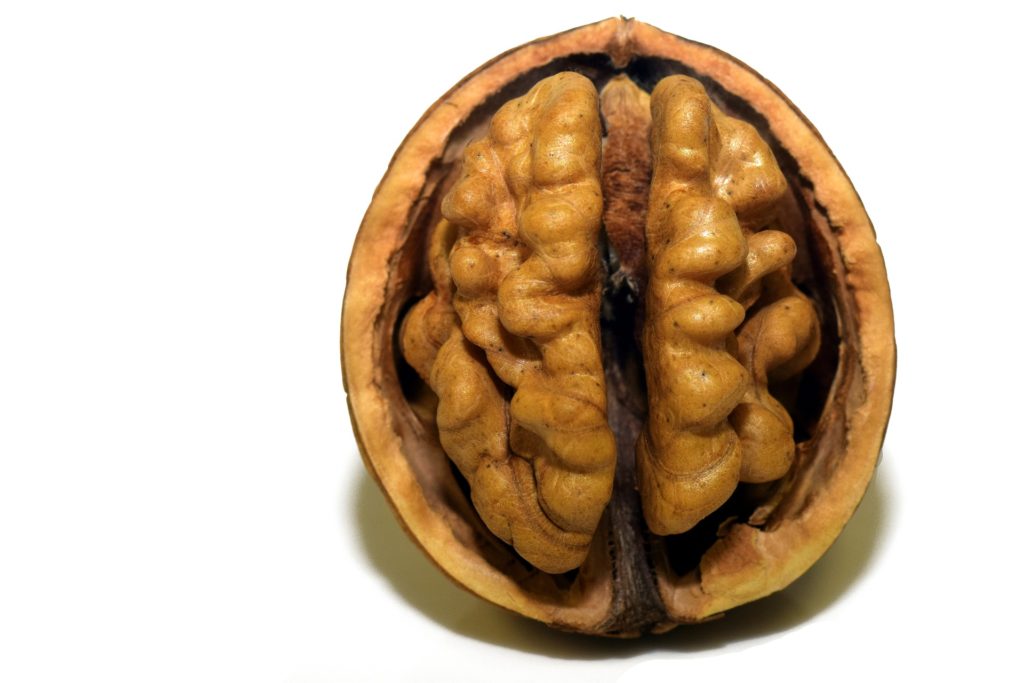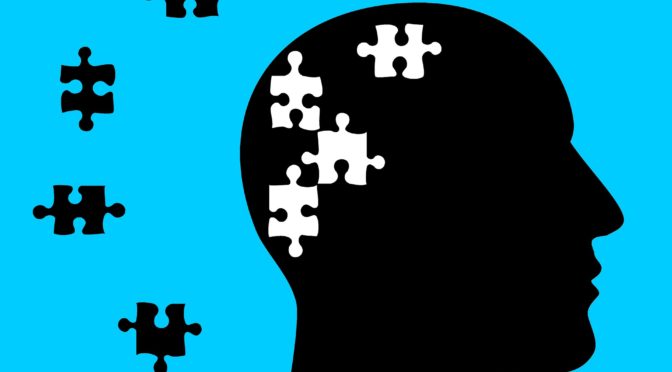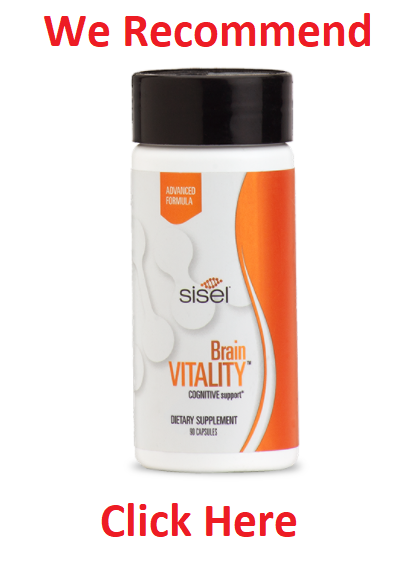Supplement for brain booster: When people think about their brains, they often think of learning and memory. But your brain is also hard at work 24/7 for the rest of your life, controlling every aspect of who you are – from breathing to moving to thinking to feeling.
This means that many diseases can affect your brain even if they don’t directly attack it. And the foods you eat contribute to brain health in important ways.
The brain is nourished by vitamins and minerals found in fruits, vegetables, beans, nuts, and seeds. Powerful brain-boosting nutrients include vitamin B1 (from whole grains), vitamin B6 (leafy green vegetables), omega-3 fatty acids (oily fish like salmon or sardines), and folic acid (green leafy vegetables).
These brain-healthy foods can help keep your brain at its best through all stages of life – from early development to old age.
Three Main Brain Supplement Ingredients
Fenugreek Galactomannans
There are a number of supplements that have been hailed as potential “smart drugs” or nootropics. One such is fenugreek seed Galactomannans, which has been reported to improve memory and concentration in both healthy and hypothyroid people; these qualities make it a potentially useful smart drug/nootropic for healthy people with normal concentrations.
Butyrate has been shown to have beneficial effects on brain function by protecting neurons from damage, promoting repair of damaged neurons, and enhancing cognitive function. For example, dietary supplementation with butyrate improved working memory, long-term memory, and learning ability in rodents ( 5 ). It has also been shown to reduce age-related mental decline in humans ( 6 ). This is why consuming soluble fiber from sources such as fenugreek can have a beneficial effect on the brain.
Fenugreek is a good supplement for brain booster and has been shown to improve memory performance and mood in humans, but the exact mechanism for this effect is not known. One study suggests that fenugreek supplementation enhances memory by increasing cerebral blood flow ( 7 ). Another possible mechanism is that galactomannan stimulates the release of insulin from the pancreas, which can enhance brain function ( 8 ).
Curcuma Longa
A recent study published in the Indian Journal of Psychiatry found that curcumin, an active compound in turmeric (Curcuma longa), increases levels of glial cell line-derived neurotrophic factor (GDNF) and nerve growth factor (NGF)—compounds associated with brain generation and function.
Curcuma Longa is a genus of about 80 accepted species in the family Zingiberaceae. Its Latin name literally translates to “long turmeric” which implies that it is indeed related to turmeric (Curcuma longa) or ginger (Zingiber officinale).
Curcuma Longa has many interesting biological effects, but let’s focus on one area in particular: the brain.
Curcuma Longa is highly concentrated in the rhizome (turmeric), which contains an active ingredient called curcumin. Curcumin has anti-inflammatory effects and it has beneficial properties for the nervous system by reducing oxidative stress, inflammation, preventing neurodegeneration, and stimulating neurogenesis.
Here are some key points from research papers on Curcuma Longa’s effects on the brain:
Curcuma Longa is an effective supplement for brain-boosting and has been shown to have anti-inflammatory effects in the brain by suppressing NFκB, a protein complex that is tightly linked with inflammation.
Bacopa Monnieri
The Journal of Alternative and Complementary Medicine published a study on June 26, 2013, entitled “Bacopa Monnieri for Cognitive Enhancement in Mild to Moderate Alzheimer’s Dementia: A 16-Week, Double-Blind, Placebo-Controlled Pilot Study”.
The study was conducted by researchers at the Department of Neuropsychiatry, NIMHANS, Bangalore in India.
This study was a 16-week, double-blind, placebo-controlled pilot study in which the efficacy of Bacopa Monnieri extract was studied for cognitive enhancement in mild to moderate Alzheimer’s disease patients. Patients were treated with either placebo or Bacopa extract (300mg/day) orally.
The result of the study showed that Bacopa Monnieri is a great supplement for brain-booster and was effective in reducing cognitive deterioration in Alzheimer’s patients.
Brain Healthy Diet Foods
Fruits and Vegetables
Fruits & Vegetables: This group includes citrus fruits, berries, apples, pears, bananas, prunes, raisins and. Rich sources of brain-healthy vitamins and minerals include blueberries, blackberries, raspberries, strawberries, and kale.
Nuts & Seeds: These brain-healthy foods include almonds, walnuts, and sunflower seeds. Walnuts are a particularly good source of brain-friendly omega-3 fatty acids.
Beans & Legumes: Rich in brain-healthy fiber plus protein and iron, legumes such as chickpeas, lentils, and kidney beans support brain health throughout your life.
Whole Grains: Whole grains such as brown rice, oats or quinoa provide the B vitamins thiamine (B1), riboflavin (B2) niacin (B3) pyridoxine (B6) plus folic acid which are brain-healthy nutrients.
Fish & Seafood: These brain-healthy foods include salmon, sardines, shellfish, and mussels. Fish are rich in brain-boosting omega-3 fatty acids which support brain health throughout your life. They are particularly important during early development as they can affect brain growth and the speed of brain development in infants and children.
High-quality fish oil supplements can also be an important brain booster for older adults whose brains may be affected by age-related changes that appear to be associated with Alzheimer’s disease unchecked by omega-3 fatty acid intake. Lean meat sources of iron such as poultry or fish (eg tuna) offer unique brain-healthy benefits (iron deficiency is not only linked to fatigue but also to reduced concentration).

Oily Fish
If you enjoy seafood or fish, brain-healthy foods include salmon and sardines. These fatty fish are brain healthy in part because they are rich in omega-3 fatty acids which support brain health in several ways. Omega-3s help brain cells grow in the early stages of development (including brain development in infants) and they regulate mood-influencing chemicals (such as serotonin) that affect how well you handle stress.
They limit ‘sticky’ blood cells that can lead to clots; may decrease harmful brain cell activity; promote healthy circulation throughout your body; boost focus and concentration; improve memory by promoting neuron growth; protect against Alzheimer’s disease; increase nerve transmission speed (for example, between your heart and brain); and more.
Omega-3 fatty acids are called ‘essential’ because the brain needs them but cannot make them. Instead, brain-healthy foods are needed to get omega-3s into your brain. Some brain-healthy fish are sardines, salmon, tuna (bluefin or yellowfin) mackerel (Spanish or king), anchovies and herring shrimp, tilapia, and catfish.
Brain Boosting Supplements Talk with your doctor before taking any supplements since some can interact with medications; for example, omega-3s can interfere with blood thinners like Coumadin (warfarin).
If you plan to take a supplement like fish oil or krill oil make sure it contains eicosapentaenoic acid (EPA) and docosahexaenoic acid (DHA), the brain-healthy omega-3 fatty acids. Omega-3’s are a great natural supplement for brain-booster.
Healthy Brain Development & Function
Your brain is at its healthiest during times of early brain development including both prenatal brain development (in utero) and early childhood brain development.
Brain growth in the first five years of life is particularly important to lifelong brain function because it lays the foundation for brain structure and activity throughout your lifespan.
To help ensure healthy brain growth, make sure you provide essential nutrients like omega-3 fatty acids; vitamins B6, B12, folate or folic acid; iron; zinc; plus DHA through your child’s diet beginning before birth their early years. This helps support brain health throughout your child’s life.
Healthy Brain Aging
Getting plenty of omega-3 fatty acids; B vitamins; folic acid; iron; zinc and DHA into your diet beginning early in life (including pregnancy) combined with avoiding brain-draining habits like drinking excessive amounts of alcohol can support brain health as you age.
But science is now showing that brain healthy diets are also associated with slowing brain changes linked to cognitive decline or Alzheimer’s disease.
For example, once diagnosed, people who eat the most healthy brain foods (such as fruits, vegetables, fish, and whole grains) experience less memory loss than those eating poorer quality brain foods according to an article published by Harvard Medical School researchers in 2012.
Conclusion
It’s important to note that these supplements are not intended to replace medical treatment for brain-related disorders. They do, however, provide an additional tool for people who want straightforward ways to improve their cognitive health and performance on a daily basis.
We hope this blog post has given you some valuable insight into the power of neuroenhancers like Qualia Mind and how they can help enhance your life both in the short term while also providing long-term benefits.
The Health Wealth Lifestyle has provided the above article on supplement for brain booster for informational purposes only. Please consult your health care provider as you see fit.

